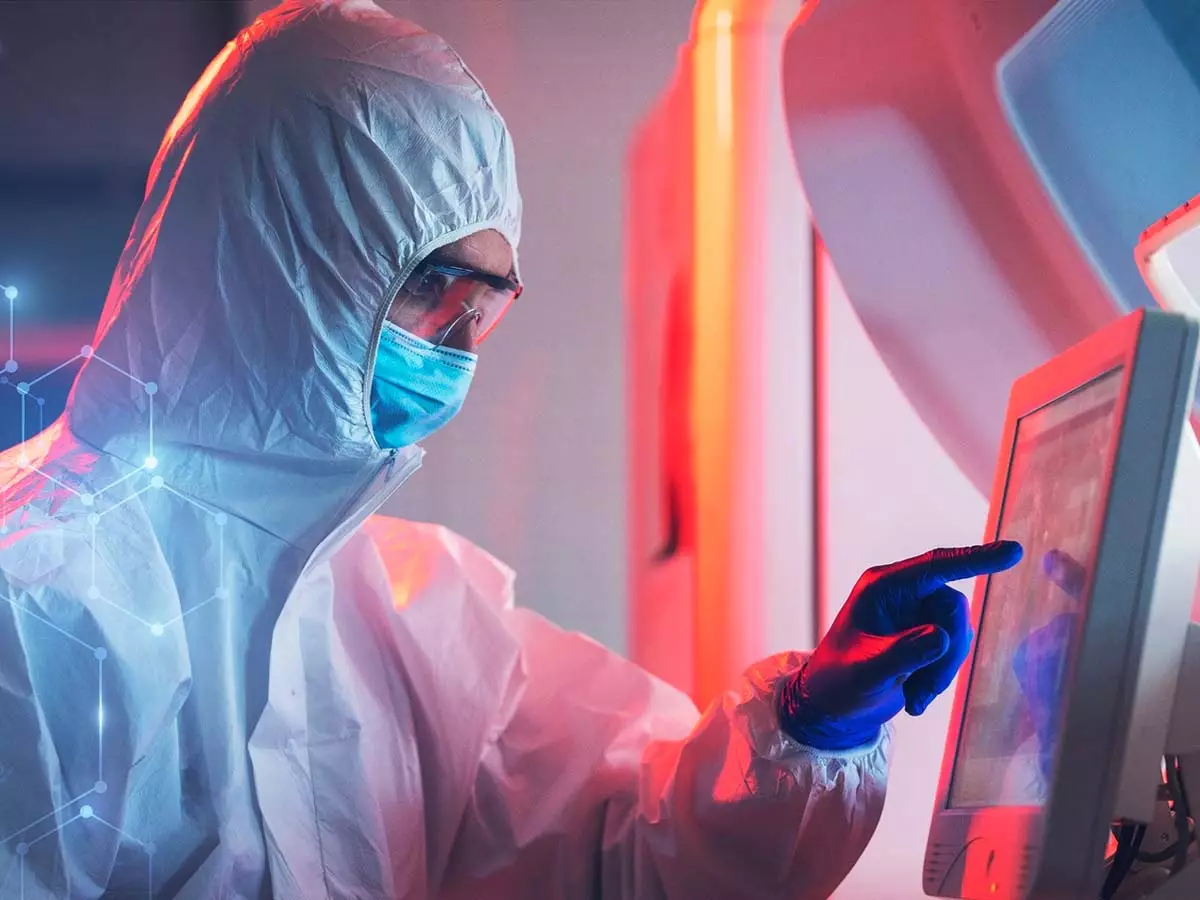Did you know? Telemedicine has actually been pioneered since the late 1960s. The first application of this remote medical service was carried out by NASA and the Nebraska Institute of Psychology to monitor the physiological conditions of astronauts. Since then, the world of telemedicine has been growing. The COVID-19 pandemic accelerated the use of telemedicine because lockdown conditions require restrictions on human mobility. Health consultations can be done from anywhere including from home as long as it is connected to the internet.
Healthcare services such as hospitals, clinics, and private doctors are increasingly vulnerable to online attacks. The threat of Cybercrime in the healthcare world jeopardizes patient data and opens up opportunities for misuse of sensitive data.
Fortunately, many parties have realized that Cyber Security in the Healthcare Industry must be improved. The President Director of Prodia, Dewi Muliaty, on Monday (28/11/2022) told IDX Channel that the most important thing that officials need to do in running the healthcare business is to serve customers safely.
The government has responded to the issue of personal data leakage on digital platforms by drafting Law No. 27 of 2022 on Personal Data Protection. The law was passed by President Joko Widodo on October 17, 2022.
Why the healthcare industry is an easy target for cybercrime
Patients’ personal data can be sold for a lot of money
Hospitals store an incredible amount of patient data. This confidential data, if sold, has a high value. Hackers can sell this data very quickly, making it a lucrative cash cow.
To secure data, IT professionals can use multi-factor authentication (MFA) solutions that are much cheaper than paying for ransomware. MFA requires more than one piece of information to identify a user, then generates a one-time password with each login session. This security makes it harder for hackers to steal passwords and other information.
Medical devices are an easy entry point for hackers
Attackers can utilize medical devices such as heart rate monitors, x-rays, insulin pumps, and defibrillators to launch attacks on servers that store valuable information. In fact, the worst case example of digital crime is that hackers can take over medical devices, preventing hospitals from providing life-saving treatment to patients. To prevent this, devices with secure networks are required.
Healthcare staff need to access data remotely which opens up opportunities for attack.
In healthcare, collaborative working is essential. Each unit needs to work together to provide the best solution for each patient. Accessing data to the network remotely using new devices is risky. Not all devices will be secure. Healthcare staff are also often unfamiliar with basic Cyber Security best practices.
One solution to make data access more secure is risk-based authentication (RBA). This solution simplifies risk analysis by allowing IT staff to let policies determine the risk of certain devices based on factors such as user, location, etc. It flags unusual activity to ensure that insecure devices cannot access sensitive patient data.
Healthcare information should be open and shareable
Confidential patient data should be accessible to staff, on-site and remotely, and across multiple devices. As healthcare is usually urgent, all information must be able to be shared across teams immediately. Healthcare workers will not pause sharing information to consider the security implications of their devices.
On the other hand, IT staff are concerned that the devices used to share information are not always protected. A solution that can be used to automate user permission settings without jeopardizing patient data is MFA. It prevents attacks from compromised credentials or unauthorized users to ensure only the right people can access sensitive data.
Cyber Crime in Healthcare needs special attention. Up-to-date devices, medical staff who have basic knowledge of online risks, and IT staff who implement the right solutions can prevent and reduce the risk of the Healthcare Industry being breached by hackers.



